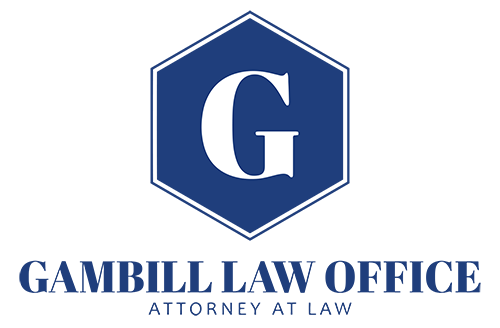Indiana was one of just a few states that didn’t recognize Daylight Saving Time (DST) until 2006, when it adopted this practice that many consider a relic of past centuries — and a frustrating one. Despite continued calls to abolish it, including legislation currently in Congress, we’ll be setting our clocks ahead an hour on Nov. 6 as DST ends for another year.
The beginning of DST in the Spring is considered one of the most dangerous times of the year to be on the road. Some people’s bodies have a hard time dealing with that hour they lost, and their driving reflects it. Further, more people are driving to work in the dark or into the sunrise, which can both be dangerous.
Why “gaining” an hour throws us off
The end of DST can also bring added driving risks. Research shows that the number of crashes increases in the two weeks following this time change.
The end of DST can put your morning commute or errands in the daylight or into the sunrise, which can be blinding. More people are driving home into the sunset or darkness. People without automatic headlights may forget to turn them on and be a hazard on the road.
Just like the time change in the Spring, the end of DST means another disruption to people’s sleep/wake cycle. According to AAA, studies show that “the biggest impact of setting our clocks back one hour can be felt on some of the skills that affect the quality of driving – concentration, alertness behind the wheel, and reaction time to potential hazards.”
Take extra precautions
If you’ve already a bit nervous behind the wheel because you’ve had a recent car crash, take some added precautions. AAA recommends the following:
- Give yourself a little extra time to get where you’re going so you can drive more slowly.
- Keep your headlights clean and make sure they’re on, even if you don’t need them, to stay visible to other motorists.
- Watch out for pedestrians, runners and bicyclists. They may not have reflective clothing or gear if they’re not used to being out in the dark.
The time change is not an excuse for reckless or negligent driving. If you have been injured in a crash caused by another driver, having experienced legal guidance can help you get the compensation you need and deserve.

